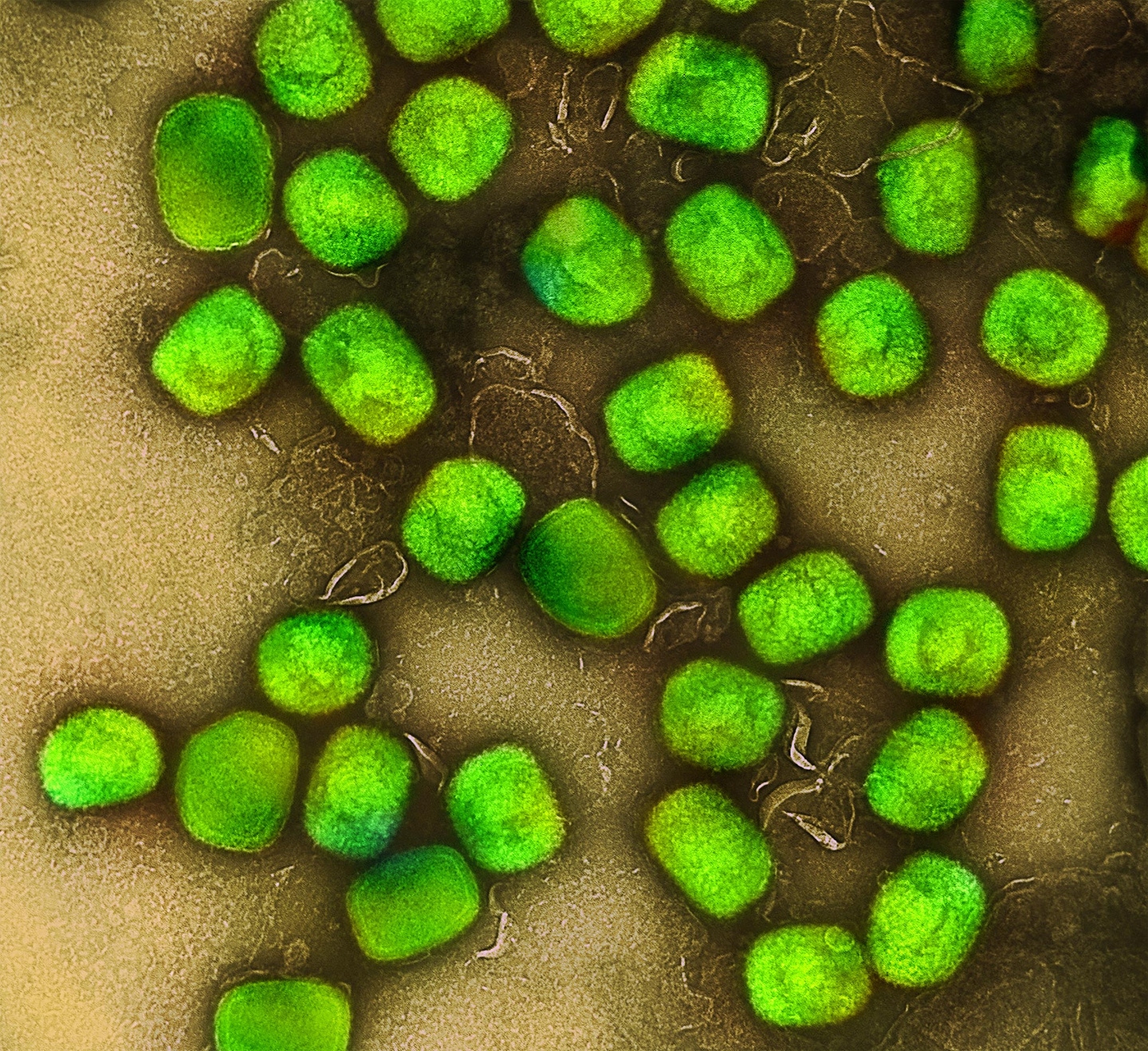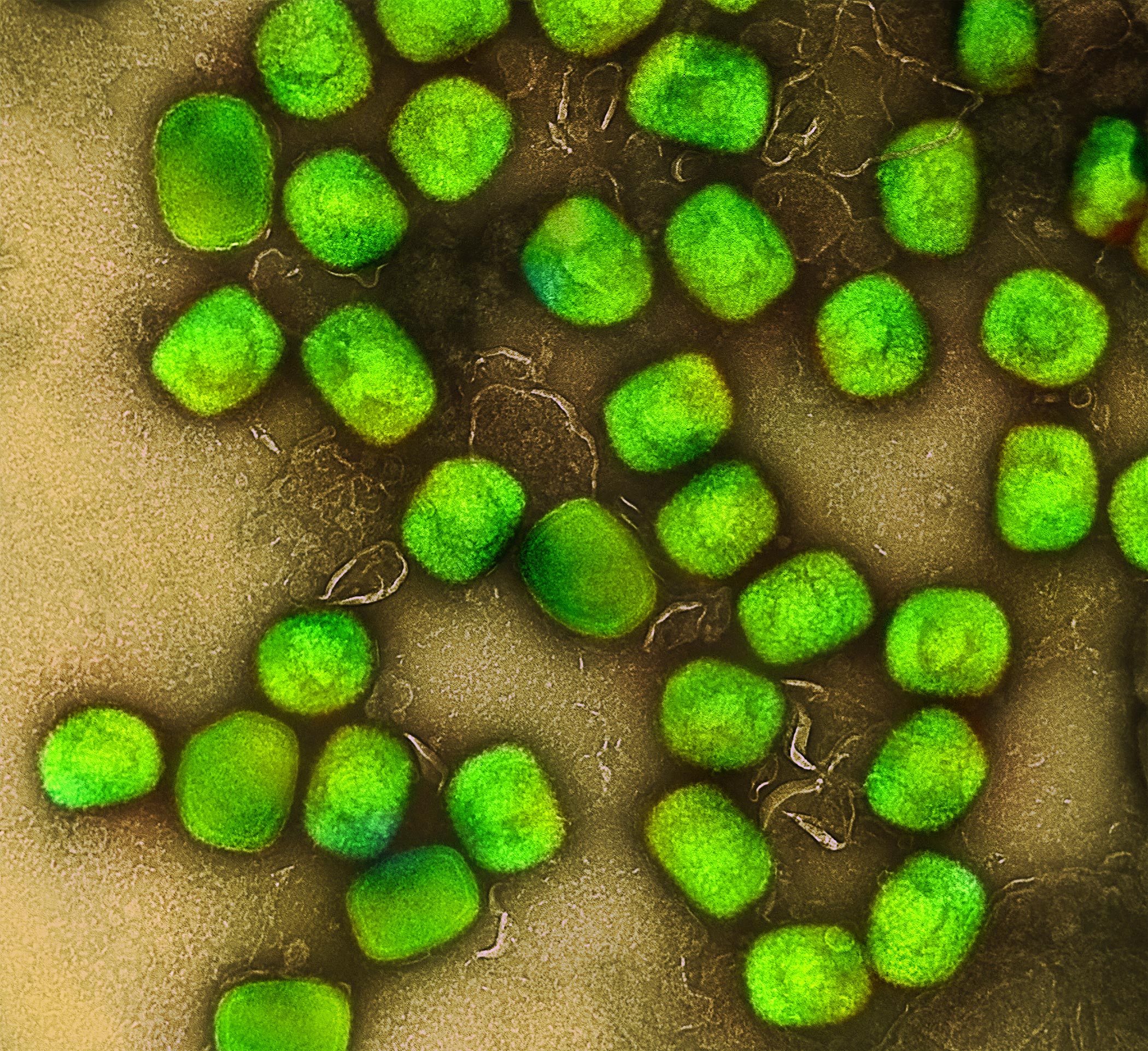

Monkeypox CME Course Prepares Medical Professionals
With the U.S. still recovering from the fallout of COVID-19, the White House declared monkeypox a public health emergency on August 4. Since May, the U.S. has recorded thousands of monkeypox cases, leaving citizens and healthcare professionals with many questions and concerns.
As the situation develops, it’s essential for healthcare providers to stay up to date on the disease, its symptoms, and treatment options. To aid in this effort, the Continuing Education Company has released a free, accredited monkeypox CME course to help physicians, nurses, and physician assistants learn the nature, transmission, and symptoms of monkeypox.
What is Monkeypox?

Monkeypox is a virus in the same disease family as smallpox, although monkeypox is significantly less dangerous than smallpox.
The source of monkeypox is unknown, despite being first discovered in research monkeys in Denmark. The first case in humans was recorded in 1970; however, since May of this year, the disease has spread through humans in many countries where it’s rare.
How Does Monkeypox Spread?
Monkeypox spreads through sustained personal contact, particularly sexual contact. Gay and bisexual men are currently the most commonly affected by monkeypox in the U.S.; however, monkeypox is not a sexually transmitted disease and is a risk for everyone, regardless of sexual orientation.
Monkeypox Symptoms
According to the CDC, a person with monkeypox will typically develop generic flu-like symptoms, including fatigue, soreness, and fever. However, it will become clear that an individual has monkeypox if their lymph nodes begin to swell, after which a rash will start to manifest throughout the body, starting in and around the mouth or near the genitals, before progressing to the rest of the body.
The resulting skin lesions are exceedingly painful. While no monkeypox-related deaths have been recorded in the U.S., the disease is extremely unpleasant, and immunocompromised individuals and children are at an increased risk for serious complications.
Monkeypox can be transmitted from person to person until the rash has completely healed. This can take as long as four weeks, which means that isolating is incredibly important for mitigating the spread.
Myths Circulating About Monkeypox
Being a new, highly unpleasant disease, there’s no shortage of misinformation when it comes to monkeypox. Several myths are circulating through the internet and some broadcast outlets, undermining the public’s perception of the virus.
Let’s take a moment to dispel some of the most common myths:
- Monkeypox is the next COVID-19: While monkeypox is certainly a dangerous and highly unpleasant disease, it’s nowhere near as dangerous or transmissible as COVID-19. Monkeypox is primarily transmitted through prolonged physical contact, such as during sex, not during a brief encounter with another person, such as when shaking hands. It’s unlikely that monkeypox will have anywhere near the level of impact that COVID-19 had.
- Only gay or bisexual men can get monkeypox: This is not true. While gay and bisexual men do account for the majority of current infections, the disease does not discriminate based on sexual orientation. As the disease can be spread through linens, it’s not unlikely that it will become increasingly common in heterosexual individuals.
- Monkeypox is an airborne disease: Monkeypox is primarily transmitted through personal contact, and through surfaces after that. Monkeypox is also contagious until an individual's rashes have completely healed, meaning that it’s imperative to clean surfaces that have been touched by an infected individual.
Treatment For Monkeypox
There are two FDA-licensed vaccines that can help prevent monkeypox. One, Jynneos, is overwhelmingly successful in preventing monkeypox, although it was developed as a vaccine for smallpox. The other vaccine, ACAM2000, was also developed for smallpox, but later modernized. It can be dangerous for immunocompromised individuals, though.
While vaccines exist, the U.S. is facing a shortage of doses. A significant portion of U.S. smallpox vaccination reserves have expired, straining the already limited supply.
Upcoming CME Conferences & Online Learning
Want to attend a live CME conference or complete an online course from the comfort of home?
At Continuing Education Company, we make your medical continuing education fun, engaging, and relevant. Explore our conference calendar to view upcoming dates and destinations as well as CME365™ online courses and live streaming options.
For a limited time, take advantage of our Special Offer: attend one of our live conferences in person and receive a FREE online 15 credit CME course from CME365™.